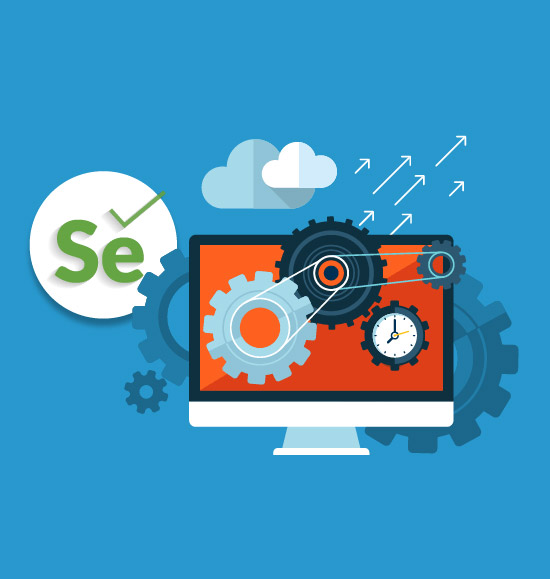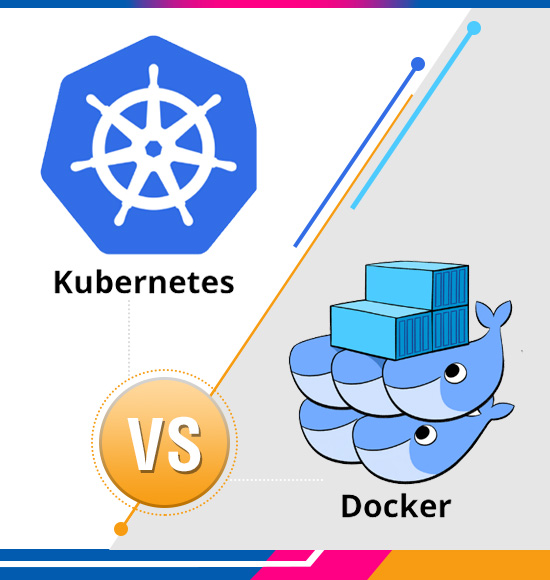What Are The Benefits Of Selenium Testing In Automation?
Countless hours are spent testing a web app to ensure its functionality is intact. Before Selenium Testing, this testing fell into the domain of manual testers. They used to enact and reenact hundreds of test case scenarios on all benchmarked browsers, flagging what broke and also locating locate the source of breakage.
Depending on the size of the manual testing team, an end-to-end system could take a considerable time to run its course.
Since the advent of Automation Testing, testing of software can be made possible in shorter time frames. Deploying bug-free releases in that time requires diligent efforts and that is precisely why Selenium testing is integral to today’s development world.
Let’s now dive into Selenium Testing and learn its idiosyncrasies.
What is Selenium Testing?

Selenium is an open-source tool that is used for automating the testing across various web browsers. It offers a single interface to Selenium Testers that allows them to write test scripts in various programming languages like Ruby, Java, NodeJS, Python, Perl, and much more. This testing which is done utilizing the Selenium tool is referred to as Selenium Testing.
Do not confuse the Selenium tool to be just one tool. Instead, selenium is a suite of software. Each tool that it contains caters to different Selenium Testing requirements of an organization. Here is the list of tools that it contains.
- Selenium Integrated Development Environment (IDE)
- Selenium Remote Control (RC)
- WebDriver
- Selenium Grid
On a slightly tangential note, Selenium RC and WebDriver are merged into a single framework to form Selenium 2. Additionally, Selenium 1 refers to Selenium RC.
Perks of Selenium Testing
Given here are some of the distinctive benefits that give Selenium Testing a competitive edge over others.
Language and Framework Support
Whenever a person chooses a tool the very first thing that comes to mind is “ Does my tool supports the languages that I know?”
Well, with Selenium, it would be highly inappropriate to think this way, as it supports all major languages like Java, Python, JavaScript, Perl, Ruby, and C# for automation testing.
Selenium Testers can write their scripts in any of the above-mentioned programming languages. Selenium will further convert these languages into Selenium-compatible codes within no time. Hence, this calls for no need of knowing Selenium languages only.
Additionally, every selenium-supported language has dedicated frameworks that further help in writing scripts for Selenium Test Automation. Hence, when testers choose Selenium as a tool for performing automation tests, you don’t need to worry about language and framework support as Selenium is capable of doing all that for you.
Open Source Tool

As Selenium is an open-source framework, it is free and requires no additional costs. Hence, Selenium Testers can save bucks here and use monetary resources for better causes.
Additionally, the selenium community is continuously assisting developers and software engineers in automating the features and functionalities of web browsers. Selenium framework being open-source assists testers in customizing the code for enhanced code management along with improving the functionality of predefined functions and classes. The ease with which test scripts are generated adds to the popularity of Selenium and further makes it the most reliable web automation tool.
Multi-Browser Support

Since its inception, the Selenium community has been working upon “One Selenium script for all browsers.” Now, the Selenium framework is compatible with most browsers including, Chrome, Firefox, Safari, Internet Explorer, Opera, and Edge browsers. Selenium testers do not rewrite scripts for every browser. They just utilize one script and deploy it on all the browsers.
Support Across Various Operating Systems
With a wide variety of operating systems available in the market, different people use different operating systems and it is not at all mandatory that your automation tool would support all of them. Selenium, on the other hand, is a highly portable tool that supports and can work across different operating systems like Windows, Linux, Mac OS, UNIX, and much more.
One can create Selenium test suites over any platform like Windows and can execute the same test on another platform. This facilitates developers and software testers in writing automation testing scripts without laying much emphasis on the platform on which it will run.
Reusability and Integrations
Selenium Testing suites are reusable and can be tested across multiple browsers and operating systems. However, Selenium is not an all-inclusive web automation testing tool. It requires third-party frameworks to broaden the scope of automation testing.
For instance, to achieve continuous testing, you would require to integrate some CI/CD tools like Jenkins, Maven, and Docker. Also, to perform image-based testing, you would require to integrate Selenium with tools like Sikuli. Not only this, but to achieve many more things, one can integrate the Selenium framework with almost all management tools.
Since Selenium is a comprehensive package of various automated testing solutions, enterprises across the globe have commenced using it for testing the simplest as well as the most complex software application. With its numerous advantages, Selenium has proven to be one of the best-automated testing tools in the IT industry.
If you enjoyed reading this article, you can check the official website of Copperchips and learn more about various software.




